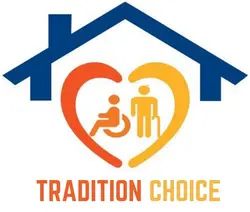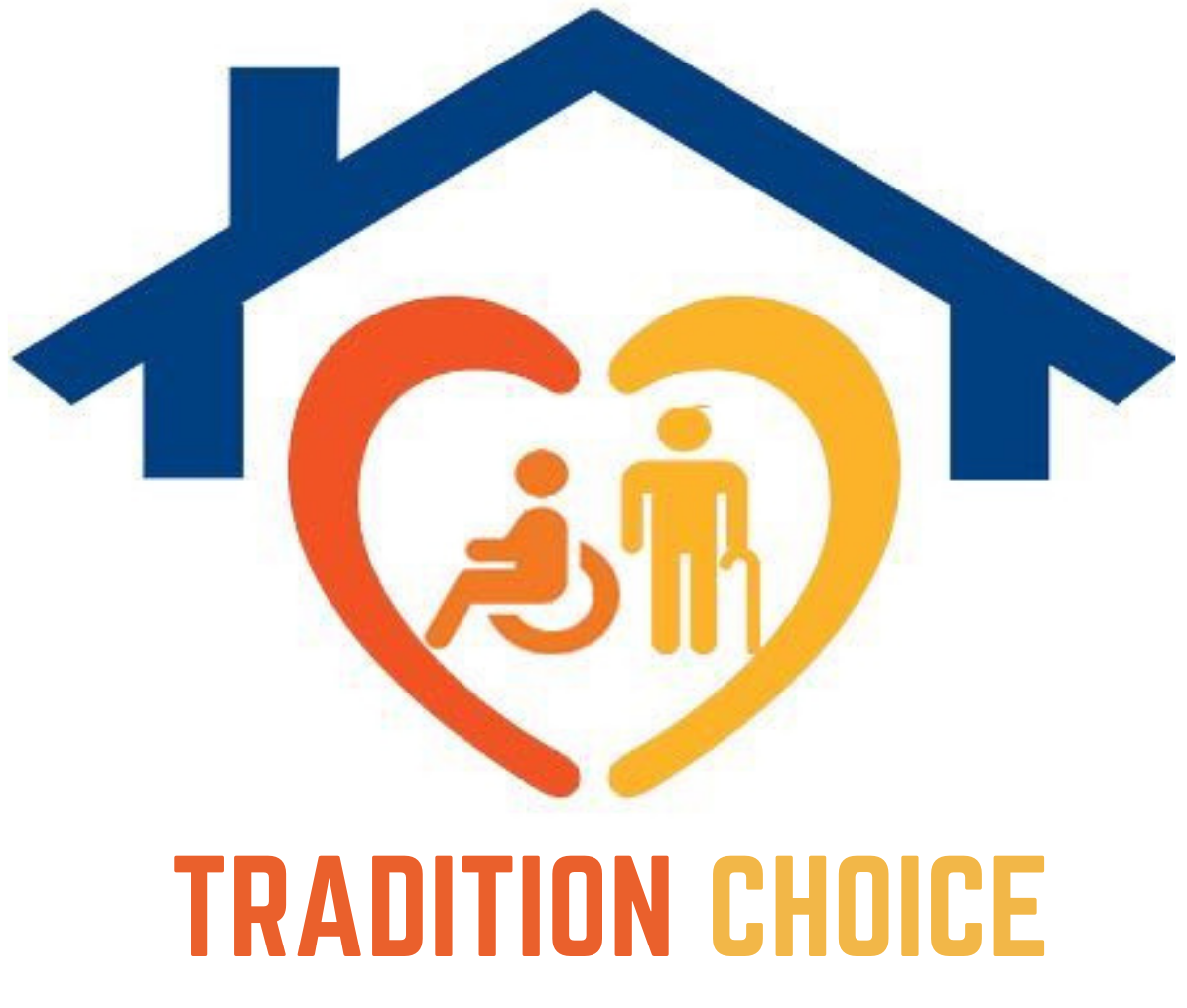We want to protect our senior loved ones when they choose to age in place. However, things like migraines and headaches can be hard to control or limit for your senior, which can be unfortunate. These painful episodes may have a negative effect on older individuals’ health and well-being, contributing to an increase in sadness, anxiety, and sleep difficulties. Learning to manage migraines may not be something you can do, especially if you don’t see your senior every day. You may not even know a senior is getting migraines. This is when it can be a good idea to hire professional home care assistance providers to watch your senior every day. They will be able to start observing your seniors and coming up with a care plan.

If home care assistance providers notice that migraines are happening more often, they may insist a senior goes to the doctor. Caregivers of senior loved ones must fully grasp, monitor, and manage migraine and headache symptoms and recognize when to seek medical attention. Untreated migraines can impact a senior’s quality of life.
Understanding Headaches and Migraines for You and Home Care Assistance Aides
Believe it or not, there is a difference between headaches and migraines. If you are taking care of your senior, you should understand the difference before assuming every headache is a migraine.
There are three types of headaches.
Tension Headaches– These can be triggered by muscle strain, anxiety, and stress.
Cluster Headaches– These are intense headaches on one side of the head that come in clusters with headache-free intervals in between.
Sinus Headaches– These are usually after an allergy attack or with sinus symptoms.
You may think migraines are just bad headaches, but that’s not necessarily true. Migraines, like headaches, produce moderate to severe head pain, although they often affect just one side of the head.
There are certain debilitating symptoms to look for.
- Sensitivity to light or sound
- Nausea and vomiting
- Pain in the temples
- Pain behind one eye or ear
- Temporary vision loss
Some seniors may experience brain fog or flashing lights before they experience a migraine. Other seniors may experience tingling faces and hands or experience a different taste or smell. They are signs a senior could be experiencing migraines.
When a Headache Becomes Serious
A strong headache that develops suddenly may suggest a more serious condition, such as a brain aneurysm or stroke. It is vital to get medical assistance immediately if your senior loved one is experiencing a headache accompanied by:
- Seizures
- A neck that is very sore or stiff
- Coughing, sneezing, or movement that leads to pain
- Symptoms that are unexpected or scary
These are abnormal symptoms that should not accompany an average headache. A senior should go to their doctor immediately or even to the emergency room if these happen. Having home care assistance services could be helpful in this situation.
How To Manage Migraines
Firstly, hiring professional elder care can help a senior manage these headaches or migraines. They may help by doing these steps:
- Keeping a record of headaches
- Taking them to the doctor
- Identifying triggers for a senior
- Following treatment plans
When a senior has very bad migraines they will want to get a doctor to diagnose a problem. Then a senior will want to manage the problems exactly how a doctor states. They can do this with your help.

